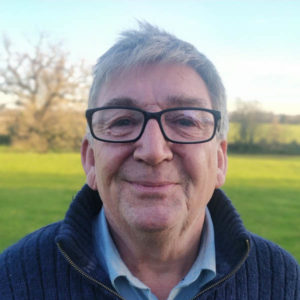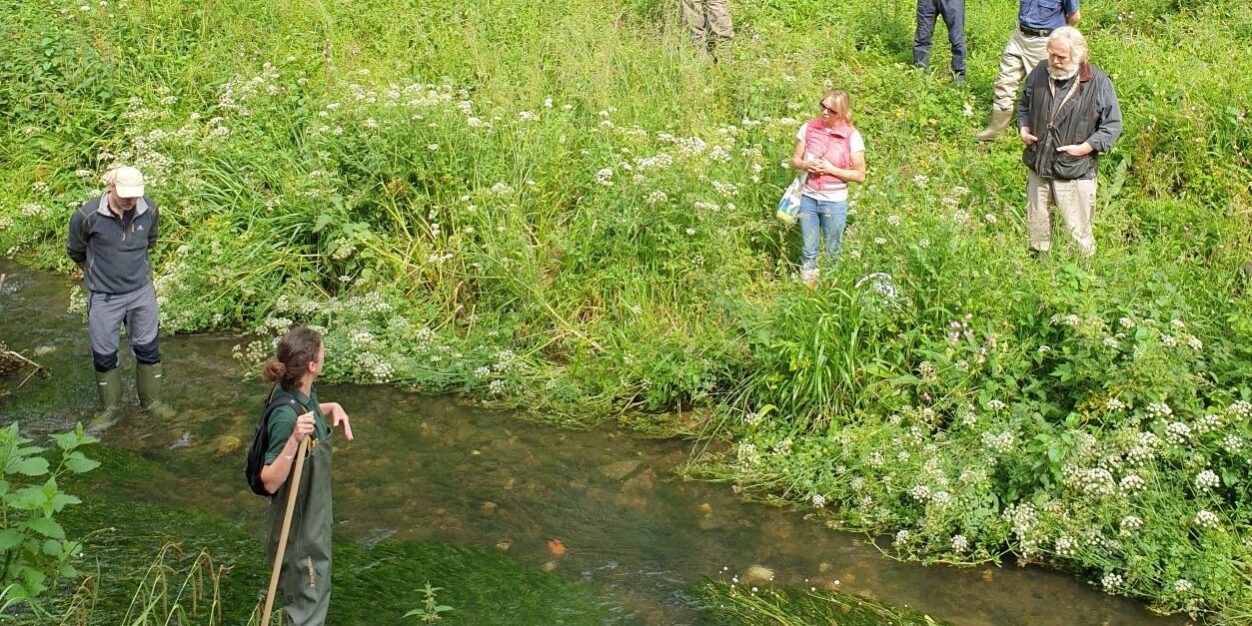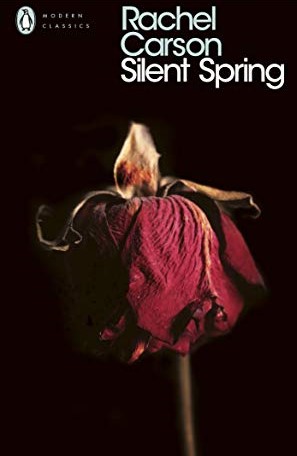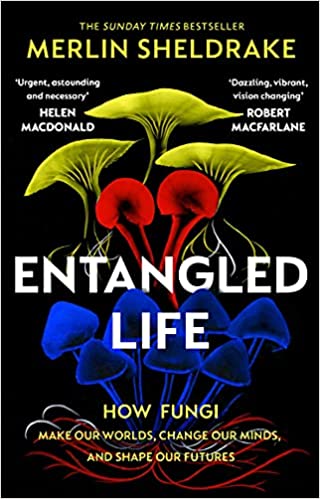Ian Mock, BART’s former Chair and CEO, shares a little of what he’s been up to and some great reading recommendations for our Riverfly volunteers, or anyone else interested in the health of our rivers and wider environment…

“Jess has asked if I could write a few words to add to the Newsletter this month which may be of interest to those of you who help BART as volunteers with the BART invertebrate monitoring scheme.
Many of you will know that I have played various roles supporting BART in the past but now I am simply a volunteer like yourselves. I have just tagged along to the sessions Jess has run to help fetch and carry, which only helps a little, but does make it a little easier to make these important sessions happen. I also spend quite a lot of my time out and about talking to many different people about our rivers and have tried to improve my own limited knowledge by reading and cultivating a network of knowledgeable contacts who I can ask technical questions in my quest to understand a bit more about “Water Quality”. I have also tried to keep up with the mass of environmental discussion and news affecting our rivers and streams.
Where it might be of use, I share this with Simon and Jess in case they have not seen it but mostly I use what I learn when talking to the people I meet. This year my new “friends of the environment” have included parish councillors, paddle boarders, kayakers, farmers, riparian owners and a vicar – as well as many anglers and local hostelries who rely on the river to attract me to their doors. None of this was on BART business but just me talking about my own interests to those who expressed an interest. Hopefully this helps to take BART’s and other NGO’s wider environmental objectives forward – something which I believe we can all do through our own contacts and in our own communities. It is perhaps the most important aspect of volunteering – increasing the overall interest in caring for our local rivers and streams.
Perhaps the most amazing thing about retirement is having time to read a bit more than usual. I have recently read three books I would thoroughly recommend as ways to develop a wider perspective about the monitoring that you do and perhaps spark interest in finding out more. Once you find something of interest to explore there really is a tremendous amount available on the internet. And you will be surprised about just how vital citizen science has been in raising the challenges facing our environment.
Two of the books are:
Silent Spring by Rachel Carson published in 1962
Silent Earth – Averting the insect apocalypse – by Dave Goulson published last year.
Apart from the glaring conclusion that things have not improved between these two publications, it is astonishing how everything depends on Working with Natural Processes which cannot be overridden by man and that ignorance or abusing these processes is now very likely to directly affect human health. And all of it inevitably affects our rivers and streams which has led to freshwater habitats being the most challenged of all habitats – and unfortunately the most ignored until recently.
Further evidence of the link to natural processes – and incredibly interesting reading – can be found in my third recent book choice – Entangled Life by Merlin Sheldrake.
All of these should be compulsory reading for our educators and governors and those interested in their own local piece of our natural world – their own local rivers and streams.
Besides books, here are a couple of items items which monitors may find of interest, or a spur to your own reading:
The Rivers Trust State of Our Rivers Report
These are just three of many excellent organisations all trying to raise awareness of challenges to the environment and quite understandably some focus on their own particular speciality or interest. Another is the Salmon and Trout Association who again have produced excellent reports very recently. Two more that I am enjoying following and learning from are the Marine Conservation Society and the Chemical Trust. There are some stunning people doing excellent work on our behalf and hopefully their combined voices will bring about change.
I hope this has proved of some interest and would encourage you all to continue volunteering in whatever time you have and whatever way you can – it does seem from my reading that volunteers are a vital part of any progress that is made and that funding will never expand sufficiently to fill the knowledge gaps we have.
I have not included my contact details to this piece simply because I do not want to distract from the brilliant work that Jess does but if Jess thinks I can help any of you with your own interests or volunteering she is welcome to involve me.”
Ian










